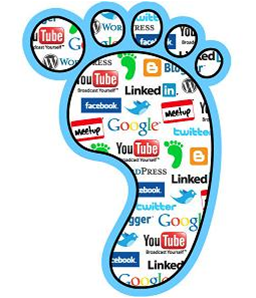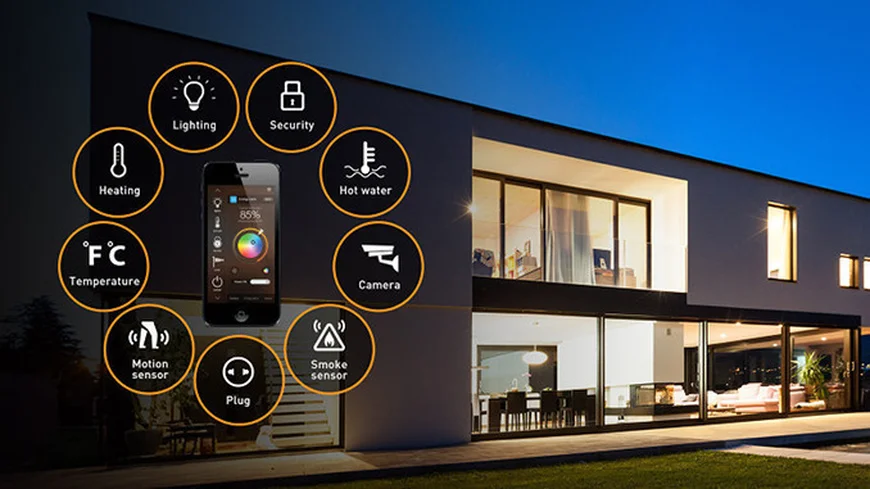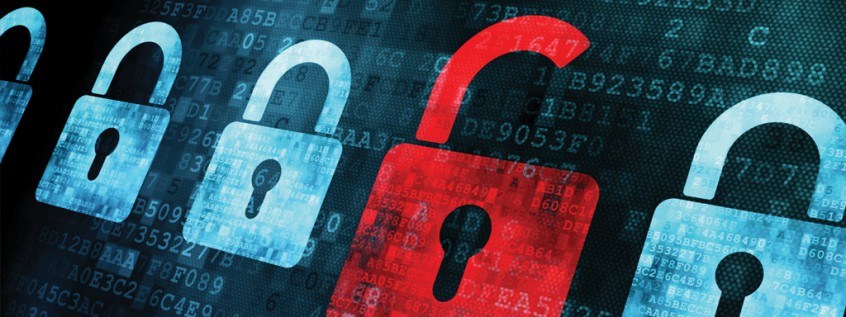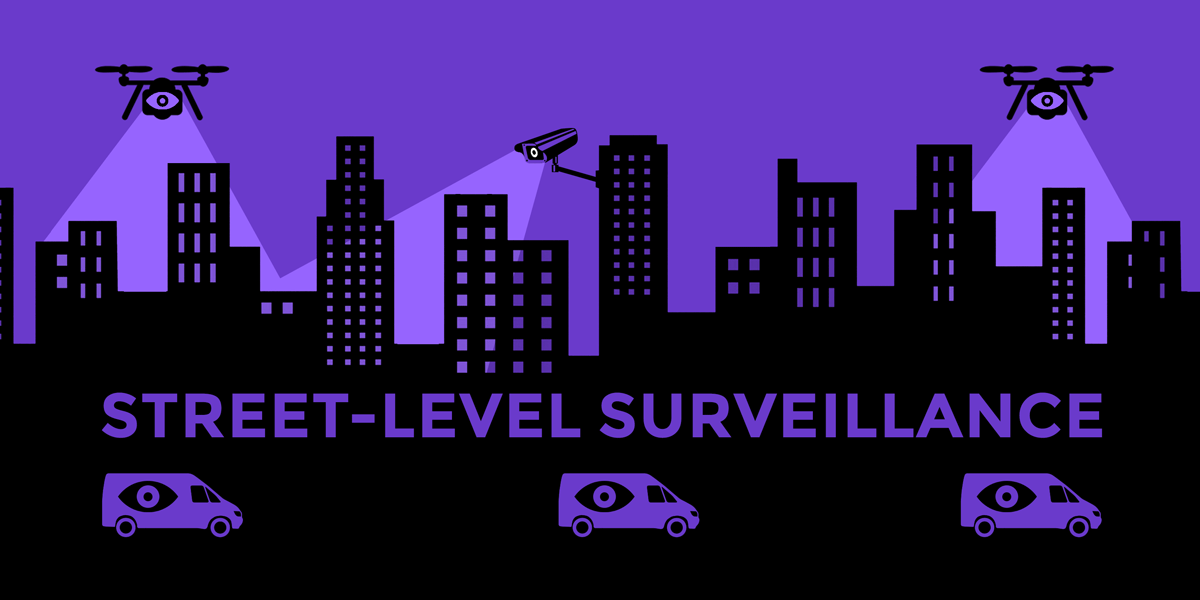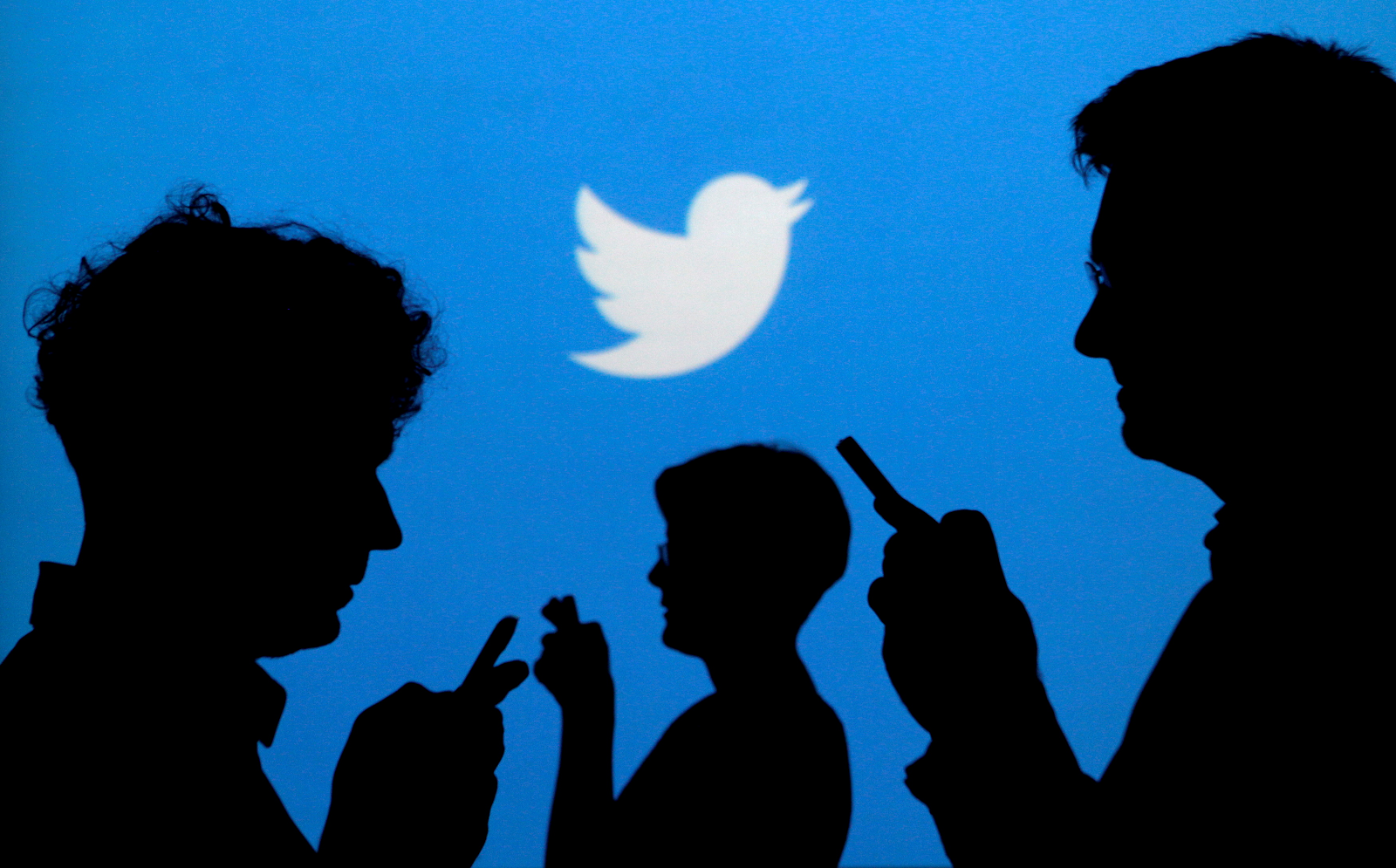The Impact of Technology
If I were to think about my digital footprint, I would have to say that it wouldn’t be a very big one because as the years have gone on and the older I have gotten, I have found myself drifting away from social media. If I were applying for a job today, there would be very little that my prospective employer would find because I believe that I am a very private person. Since I was old enough to have a phone and start using social media, my mom has always told me to watch what I put on the internet because it was following me forever, and that has stuck to this day.
When I googled my name, the only thing that popped up was my portfolium and linked-in accounts made to be public, and my max preps account from high school because I played basketball, and it was used so that I could be scouted. I find it very shocking that I don’t have a bigger online presence when searching my name because I have multiple different social media accounts, but I am very limited in how much I post on them.
However, I think that my lack of presence on the internet has been a positive thing for me because, if I were to have a prospective employer trying to find me, the image that I perceive is that I am about my business and I am professional. There is nothing that I would edit out of my online presence because there is nothing that could ruin my image or chances of getting a job, and I approve of everything that can be seen.
With all of that being said, I believe that my relationship with technology is in the middle, it is most definitely not completely unhealthy, and it is not completely healthy either. The negative part of my relationship with technology is that sometimes I can spend too much time on it, just scrolling threw it and looking to see what other people are doing. The second thing is that sometimes I set higher expectations for myself or think that I am not where I need to be because of what other people post. I see some people who are my age but aren't in school, and they have their own businesses or got their own house/ apartment. I often have had to tell myself that I am still very young, I am a college student, and I need to be proud of what I have accomplished thus far.
The positive side of my relationship with technology is that I am able to use it for school work whenever I need it. I especially think that it became positive when we were sent home due to COVID, virtual meetings and classes became the new norm for everyone, and it kept us safe during a tough time. I can also say that technology has played a huge role for me in
being able to Face-time my family members when I miss them and want to see their faces, and also for friends and me, especially since Apple has created group FaceTime. I can honestly say that I am grateful that we are able to have the technology today because it can help us in more ways than we even realize. Over time the world of technology has grown tremendously before our eyes, continuing to grow. Here is an article that explains more about how covid has transformed technology in such a short time.
I think that technology has become more informative and very misleading over time. This was most definitely seen at the beginning of covid. We got so much misinformation about the virus that we couldn't determine what was real and fake. Here is another article that discusses how the COVID-19 pandemic spread misinformation on social media and other digital platforms. On the other hand, we were given honest information from reliable sources. We were able to use the internet to research that information and earn more about the virus to protect ourselves better.

There are multiple reasons why I worry about the misleading information, especially because there are so many younger children who are on social media/the internet. When we go into stores and see toddlers, they have tablets in their hands or a parent's cell phone, and it is actually kind of funny because they really know how to use these products. We see how much more tech-savvy and intelligent this new generation is, and it is crazy because, at that age, I wasn’t using any of those types of things. We could all agree that it has made kids smarter, but we also don’t realize that kids are prone to pick up on things very easily and remember anything they see. I was very interested in finding out the pros and cons of children using technology at such a young age, and I found this article that explains the benefits and drawbacks of children using technology.
We can’t control what other people put on the internet, so when a child is able to navigate the internet, they are susceptible to pick up and learn things such as violence, guns, bad language, x-rated things, etc. With that being said, I believe that these types of things are just an accepted part of the society we live in. I think that part of this dealt with covid because using technology to stay connected with the world or keep us busy just became the new norm because it kept us safe at the time.
As a society, we will get better, but I’d be crazy to think that because technology will continue to evolve, it will depend on how we choose to use it.
If you are interested and want to learn more about the future evolution of technology, here is the link to a website exploring digital innovation predictions by 2030. It also explores new habits and media,media and society, and politics and media.
